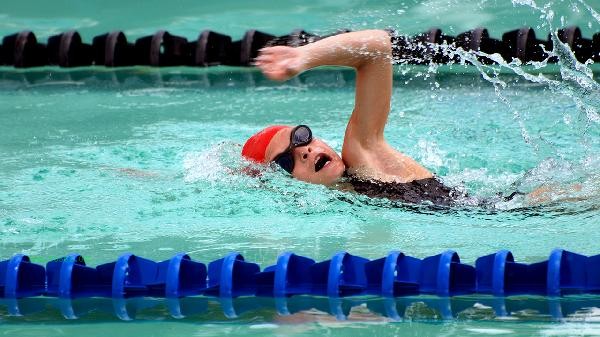Excessive thirst after swimming is usually related to water loss and electrolyte imbalance, mainly influenced by factors such as exercise sweating, pool water stimulation, changes in breathing patterns, water temperature, and individual differences. Continuous physical activity while swimming can lead to sweat secretion. Although sweating is not easily noticeable in water, the actual amount of water lost may be significant. The disinfectant ingredients in swimming pool water may irritate the oral and throat mucosa, accelerating local water evaporation. An increase in ventilation frequency will accelerate the loss of moisture in the respiratory tract, especially during intense swimming. Swimming in low temperature environments may suppress thirst perception, and sudden thirst may appear when body temperature rises after exiting the water. Some people are sensitive to chlorine or have an implicit tendency towards dehydration, and their thirst response will be stronger.

insufficient water supplement before swimming or too long swimming time may aggravate the degree of thirst. diabetes patients and other special people need to be alert to blood sugar fluctuations after swimming. During high-intensity swimming training, there is a significant loss of electrolytes, and simply replenishing water cannot alleviate thirst. The humidity difference in indoor swimming pools can also affect the drying speed of mucous membranes, and salt residue after swimming in seawater can increase thirst.

It is recommended to supplement sports drinks containing electrolytes in moderation before swimming, control the duration of a single swim, and avoid excessive dehydration. After swimming, drink warm water in portions and pair with a small amount of sodium containing food to help absorb moisture. Choose a well ventilated swimming pool environment, and sensitive individuals can use nose clips to reduce respiratory water loss. If persistent severe thirst is accompanied by dizziness and fatigue, potential diseases such as diabetes or thyroid dysfunction need to be investigated.








Comments (0)
Leave a Comment
No comments yet
Be the first to share your thoughts!